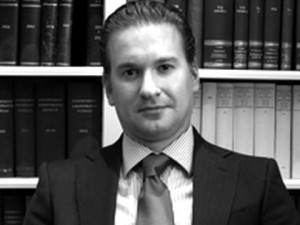Source: www.rucriminal.info
The role of the state security bodies in the formation and operation of the Soviet automobile industry is not a secret for anyone. An industry that since the 1930s was considered by the government of the USSR not only as one of the main suppliers for the Armed Forces, but also as a serious mobilization reserve in case of an impending war.
Moreover, the Soviet automobile industry had serious partners not only in counterintelligence, but also in intelligence units of the "Committee", since almost all Soviet cars were copies of foreign cars to varying degrees. Somewhere scouts assisted in the purchase of production licenses, and somewhere they obtained the necessary information using methods of industrial and economic espionage.
In this regard, the management of AVTOVAZ initially had regular contacts, both with the territorial state security bodies and with representatives of foreign intelligence.
As you know, the very creation of AVTOVAZ is closely connected with the Soviet foreign intelligence. After all, it was an employee of the PGU of the KGB of the USSR (and part-time correspondent of the newspaper Izvestia) Leonid Kolosov in 1965 helped the USSR to conclude a deal with the FIAT concern. In addition, Kolosov helped obtain a loan from the Italian concern for the construction of a plant in Togliatti with a minimum interest rate.
As an example of cooperation between the KGB of the USSR and the leadership of the auto giant, one can cite the article "KGB counterintelligence at AvtoVAZ", which openly says that during negotiations on the supply and installation of new equipment with the West German firm Porsche, the then director of AvtoVAZ, Viktor Polyakov, directly addressed the head of the Togliatti city department of the KGB of the USSR, Veniamin Efimovich Kozhemyakin with a request to establish the real cost of the equipment offered to the plant.
KGB operatives secretly entered the hotel room of the head of the delegation, opened the case, and photographed all the necessary documents. When studying them, it turned out that the equipment costs not ten, but five million dollars. After that, on the same day, an agreement was signed with the Germans on supplies on favorable terms for the plant.
It is clear that such successful and fruitful cooperation with the state security bodies continued actively in the shooting 90s. After all, all foreign contracts of the enterprise were carried out with the participation in one way or another of former and current employees of the special services.
Those who came from the foreign trade divisions of AvtoVAZ who founded RosEstBank were no exception to the rule, because it was simply impossible to work in the structure of foreign economic relations of the USSR and not be more or less familiar with the KGB officers.
In addition, in May 1999, the aforementioned former head of the Togliatti department of the KGB of the USSR, Veniamin Kozhemyakin, unexpectedly headed the supervisory board of the National Trade Bank (NTB). It was in this financial structure that the main liquid assets of RosEstBank were transferred.
At that time, almost the entire composition of the board of the National Trade Bank was completely formed at the expense of people from RosEstBank.
The appointment of the Chekist Kozhemyakin was associated not only with his long-standing business ties with the ex-tops of RosEstBank, but also with a serious informal influence on many leaders of city enterprises.
In turn, a man of interesting destiny, a former Muscovite and now a resident of Geneva, Alexei Vikhlyaev, has done a lot for RosEstBank's foreign contacts.
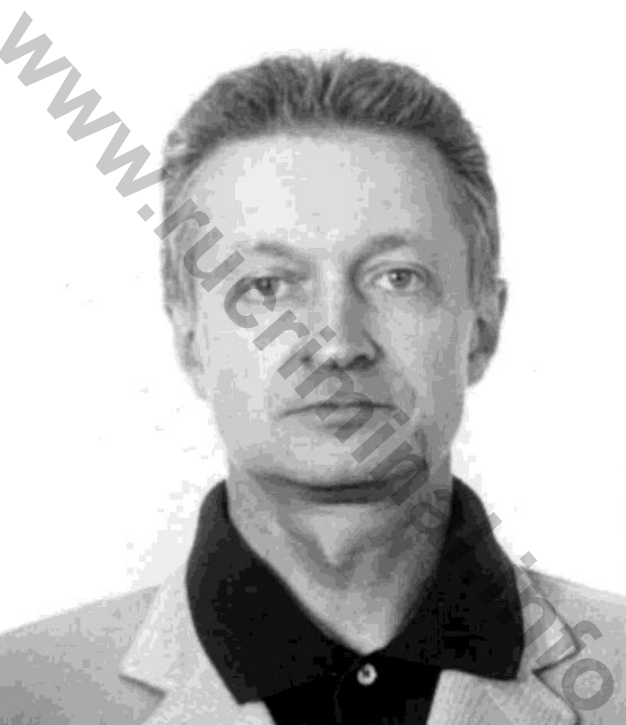
Alexey Alexandrovich graduated from the Faculty of Economics of Moscow State University with a degree in international economics. There he also defended his thesis for the degree of candidate of economic sciences on the topic "State stimulation of structural changes in the economy of developed capitalist countries."
Then, by order of the Motherland, he worked for a long time in the UN system (Bangkok, London, Geneva). In particular, until recently he was a staff member of one of the organs of the UN General Assembly - the United Nations Conference on Trade and Development.
It should be noted that at present, Mr. Vikhlyaev, together with his wife Vikhlyaeva Maria, a graduate of the history department of the Moscow Pedagogical Institute, are residents of the Swiss Confederation.
Their son, a Swiss lawyer Alexander Vikhlyaev, is also a citizen of Switzerland.
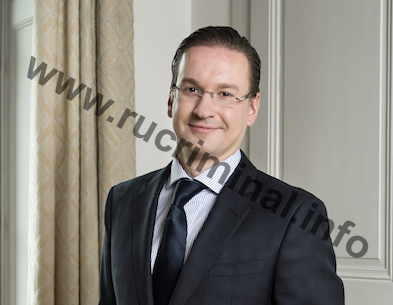
After graduating from the University of Geneva Law School, Alexander joined the Geneva Bar Association. He is currently a member of the JACQUEMOUD & STANISLAS Law Office in Geneva.
At one time, his client was the former Minister of Agriculture of Russia Elena Skrynnik.
Vikhlyaev's legal practice covers broad aspects of commercial law, with a special focus on Russian clients.
Alexander Vikhlyaev is on the board of directors of a number of companies in the energy and real estate management sector, owned by immigrants from Russia and the CIS countries.
One of the largest clients of Vikhlyaev's lawyer is the former vice-president of RosEstBank Vadim Kebets.
And if we read the local Geneva press, we will see other connections of the Vikhlyaev family with the former heads of RosEstBank.
Alexander Vikhlyaev is a key member of the Friends of the Russian Orthodox Church association, and a friend of one of its founders, the Geneva lawyer Sergei Lakutin.
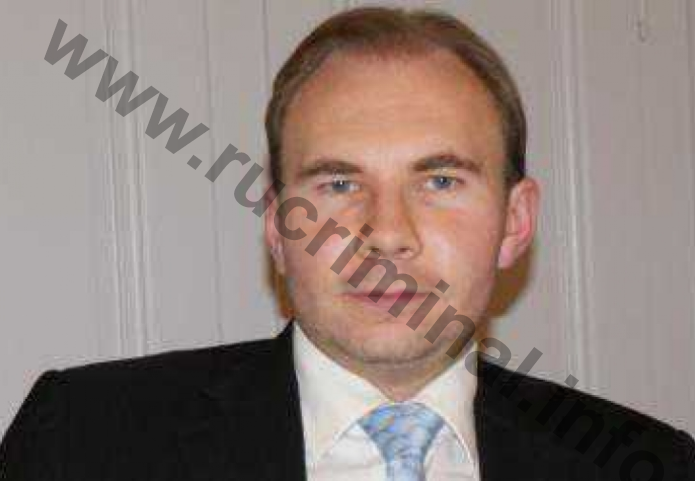
Sergei Lakutin is the son of Nikolai Lakutin.
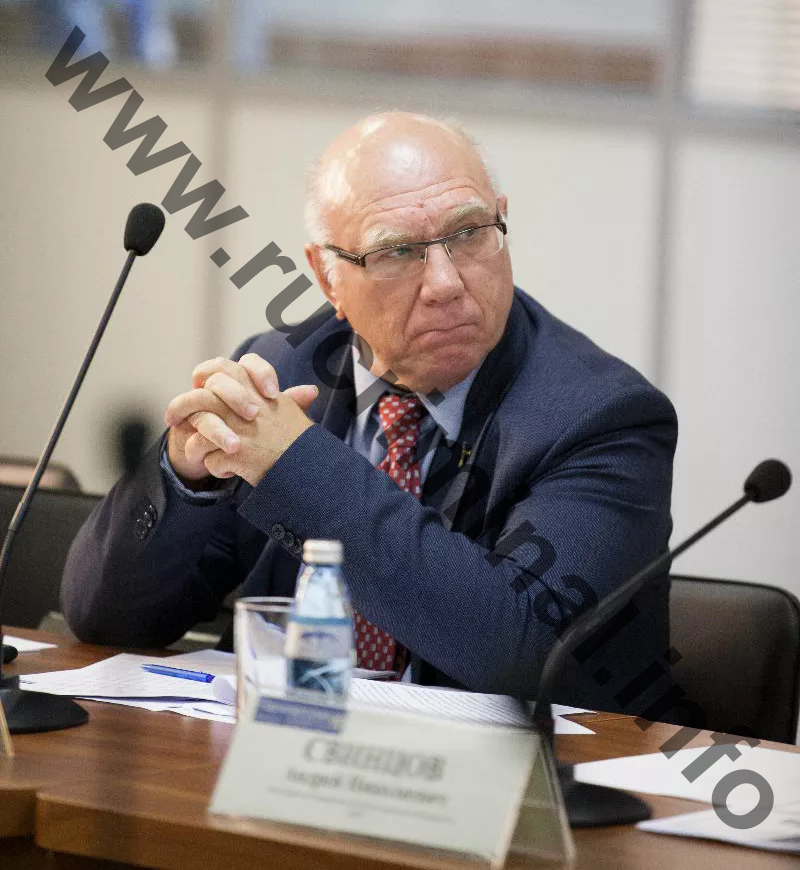
We promised to tell in detail about Nikolai Lakutin in the first part of our investigation. Nikolay Lakutin is a shareholder and First Vice President of RosEstBank JSCB. He held the position of deputy director of the one hundred percent subsidiary of AvtoVAZ - the foreign trade company AvtoLada.
It was on the many-sided connections (including with Vikhlyaev Sr.) Lakutina that Vadim Kebets began to build a channel for the withdrawal and legalization of capital.
Lakutin Nikolai, deputy of the State Duma of the sixth convocation, former deputy chairman of the board of OJSC National Trade Bank, former first vice president of JSCB Rosestbank.
For a long time before being elected to the State Duma, Lakutin, occupying the post of deputy chairman of the board of the National Trade Bank, lived in Switzerland, where he has real estate and a number of businesses.
He also was elected to the State Duma of the sixth convocation.
Nikolai Lakutin was elected to the State Duma from the Republic of Bashkortostan on the lists of the Fair Russia (SR) party; according to some information, his election was financed by the shareholders of the National Trade Bank. In the State Duma, Nikolai Lakutin joined the property committee.
Literally six months later, Lakutin took office as a deputy of the State Duma, the Bureau of the Presidium of the Central Council of the A Just Russia party decided to expel Lakutin and Mitrofanov from the party for violating party discipline. This was due to the fact that Lakutin and his party colleague voted for the candidacy of the chairman of the United Russia party, Dmitry Medvedev, for the post of chairman of the Russian government “despite the decision of the faction on a consolidated vote against.
And a month after the decision to expel from Fair Russia, the State Duma approves Lakutin's candidacy to the National Banking Council of the Central Bank of Russia. Most likely, the main goal of Lakutin's arrival in the State Duma was to penetrate the higher structures of the Central Bank.
Thanks to Lakutin's lobbying opportunities, structures controlled by the president of CJSC GLOBEXBANK Vavilin began to penetrate the Togliatti construction market.
To be continued
Alexey Ermakov
Source: www.rucriminal.info

